Kenya Governors Reject Treasury’s Plan to Centralise County Revenue Collection

A contentious proposal by Kenya's National Treasury to centralise the collection of revenue at the county level has triggered strong opposition from governors, who argue that the initiative threatens the constitutional autonomy of devolved units.
The plan, intended for a December rollout pending further discussions within the Intergovernmental Budget and Economic Council (IBEC), has ignited a debate over the balance of power between national and county administrations. The Treasury's proposal centres on establishing a unified digital platform, mirroring the national e-Citizen system, to manage all county revenue streams.
This consolidated system would encompass various fees, including land rates, parking charges, and hospital levies, effectively replacing the diverse electronic platforms currently operated by the country's 47 county governments. Treasury Cabinet Secretary John Mbadi defended the initiative before the Senate Public Accounts Committee, asserting it is a necessary reform to bolster transparency and curb financial mismanagement within counties.
Mr Mbadi told the committee, chaired by Homa Bay Senator Moses Kajwang, that the unified system would address concerns related to counties spending revenue at source and under-reporting collections.
"We should not have 48 systems dealing with revenue collection," he said, adding that IBEC is still discussing modalities before the planned December implementation.
He also noted that the Treasury has already requested counties to submit details of their existing systems and vendor contracts. However, the Council of Governors has voiced firm resistance to the plan. Nyeri Governor Mutahi Kahiga, the Council's vice-chairperson, has dismissed the proposal as an attempt to undermine county operations.
"That system will infringe on the rights of counties," he said, drawing comparisons to the national e-Citizen system.
Makueni Governor Mutula Kilonzo Jr echoed these concerns, warning that the centralised model could grant the national government excessive control over the release of funds. "The law creates a clear distinction of the two levels of government. We are not a unitary state," he said, suggesting that procurement interests, rather than genuine reform, are driving the Treasury's push.
Mombasa Governor Abdulswamad Nassir also expressed his opposition, arguing that while national guidelines on revenue collection are acceptable, the actual collection process should remain within county jurisdiction. The dispute highlights a fundamental tension between national and county governments regarding the interpretation and implementation of devolution.
While the Treasury frames the proposal as a means to enhance efficiency and accountability, governors perceive it as a reversal of the autonomy gained under the devolved governance framework enshrined in the constitution. Further complicating the issue are existing contracts between counties and private vendors for their revenue systems.


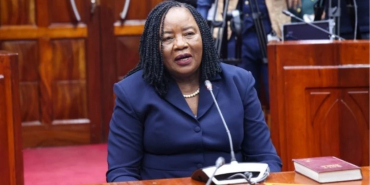
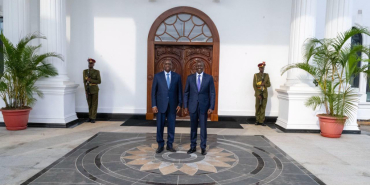


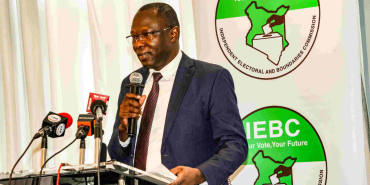

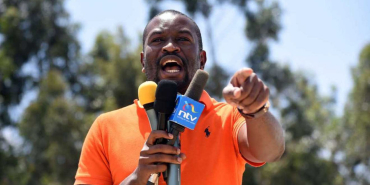


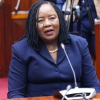


Add new comment